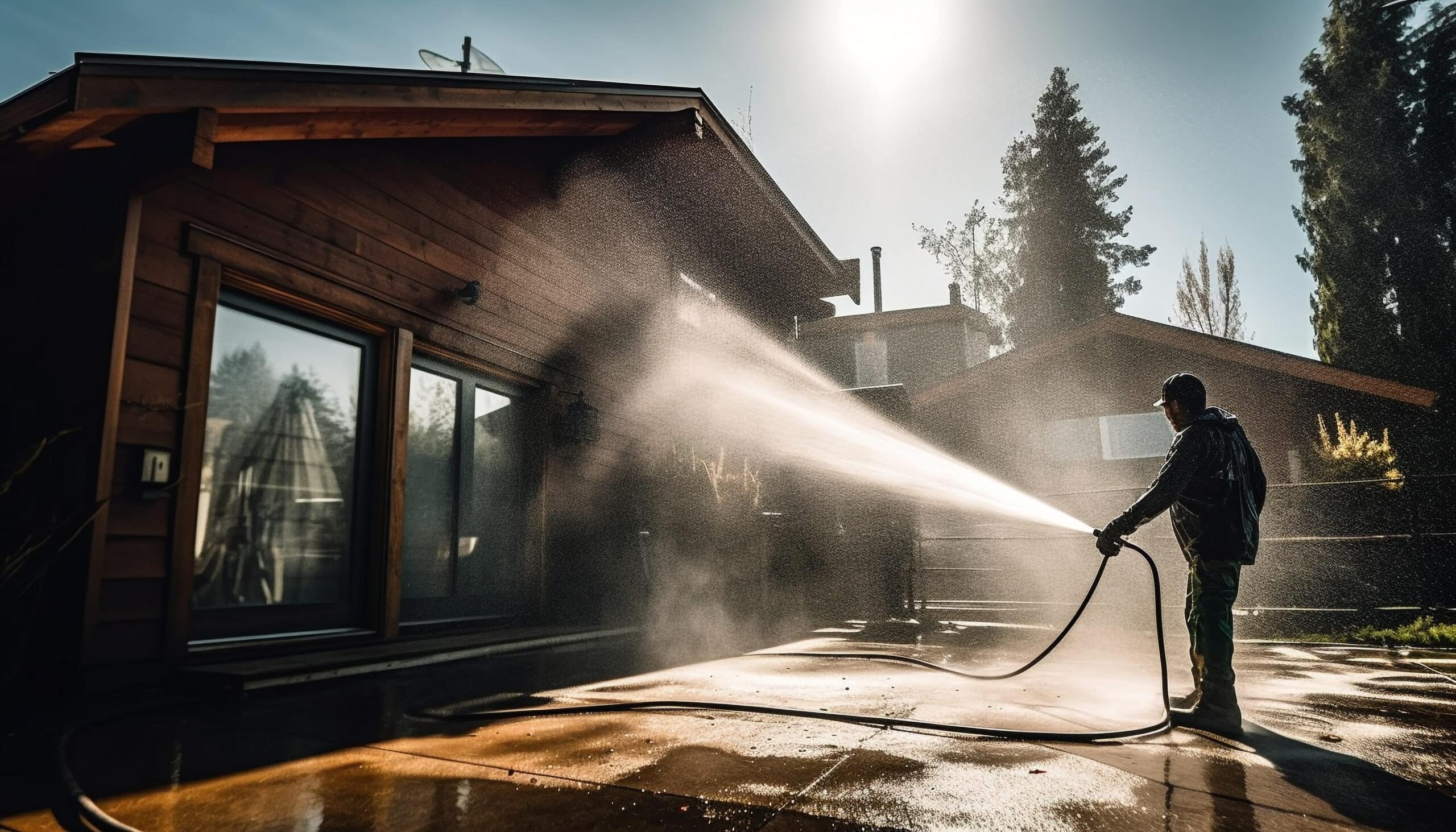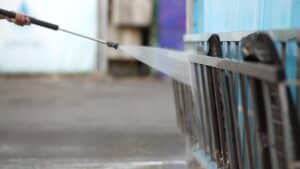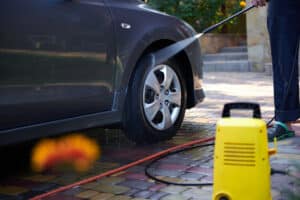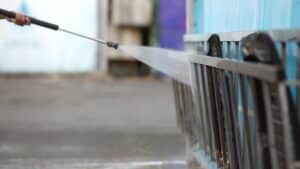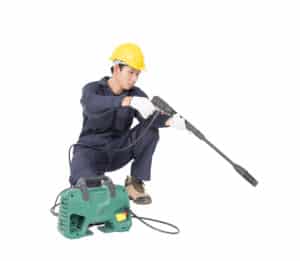Can I Use Hot Water with an Electric Pressure Washer?
Key Takeaways
- Using hot water with an electric pressure washer can potentially cause damage to the seals and internal components, leading to leaks or other malfunctions.
- Most electric pressure washers are designed to handle cold water, and using hot water can cause rapid expansion and contraction of the seals and internal components, resulting in damage.
- The maximum water inlet temperature that an electric pressure washer can handle varies depending on the specific model, and it is crucial to check the owner’s manual to determine the maximum temperature.
One common question that arises when using an electric pressure washer is whether it is safe to use hot water. The answer to this question depends on several factors, including the specific model of the pressure washer and its design specifications. In this article, we will examine the information available to determine whether hot water can be used with an electric pressure washer.
Understanding the Risks
Before we delve into the details, it is crucial to understand the potential risks of using hot water with an electric pressure washer. Hot water can cause damage to the seals and internal components of the pressure washer, leading to leaks or other malfunctions. Most electric pressure washers are designed to handle cold water, and using hot water can cause the seals and internal components to expand and contract rapidly, which may result in damage.
What the Experts Say
Let’s explore what the experts have to say about using hot water with electric pressure washers:
- PressureWasher.com: According to PressureWasher.com, hot water can potentially damage an electric pressure washer. Most pressure washers are designed to handle cold water, and using hot water can cause the seals and internal components to expand and contract rapidly, leading to leaks or other damage. They recommend checking the specifications of your electric pressure washer to see if it is rated for hot water use.
- HotsyEquipmentCompany.com: HotsyEquipmentCompany.com states that hot water can damage an electric pressure washer if it is not made to withstand high temperatures. Electric pressure washers are typically cold water pressure washers and are not designed to handle temperatures higher than 140 degrees Fahrenheit.
- ApplianceTeacher.com: According to ApplianceTeacher.com, hot water can potentially damage an electric pressure washer if it is not specifically designed to handle high temperatures. Cold water pressure washers are not built to withstand hot water, and using hot water in them can melt seals in the pump and overheat the unit. They emphasize the importance of using a pressure washer that is specifically designed for hot water use.
- JustPressureWashers.com: JustPressureWashers.com takes a firm stance and states that it is not safe to use hot water in an electric pressure washer.
- YardLifeMaster.com: YardLifeMaster.com disagrees with JustPressureWashers.com and affirms that it is safe to use hot water in an electric pressure washer as long as the pressure washer is designed for use with hot water.
Maximum Water Inlet Temperature
It is important to note that the maximum temperature of water that an electric pressure washer can handle depends on the specific model. Some electric pressure washers can handle warm water, while others cannot. It is crucial to check the owner’s manual of the pressure washer to determine the maximum water inlet temperature. For example, ApplianceTeacher.com mentions that most electric pressure washers can handle water temperatures up to 140 degrees Fahrenheit.
Conclusion
After considering the information from various sources, it is clear that using hot water with an electric pressure washer can potentially cause damage. While some electric pressure washers are designed to handle hot water, most are not. It is crucial to check the specifications of your pressure washer and consult the owner’s manual to determine if hot water use is safe.
Ultimately, the best course of action is to follow the manufacturer’s recommendations and guidelines. If your pressure washer is not designed for hot water use, it is advisable to stick to cold water to avoid any potential damage or issues.
Related Websites:
FAQs:
Q: Can I use hot water with an electric pressure washer?
While it is generally recommended to use cold water with electric pressure washers, some models may have the capability to handle hot water. However, it is important to consult the manufacturer’s guidelines before using hot water to avoid potential risks and issues.
Q: What are the benefits of using an electric pressure washer?
Using an electric pressure washer offers several benefits. They are lightweight, portable, and easy to use. Electric pressure washers also produce less noise and do not emit harmful fumes like gas-powered ones. Additionally, they are suitable for a variety of cleaning tasks, from washing cars to cleaning patios and decks.
Q: What are the advantages of hot water pressure washing?
Hot water pressure washers provide several advantages over cold water ones. The heat helps to break down tough stains and grease more effectively, making them ideal for heavy-duty cleaning tasks. Hot water also sanitizes surfaces better, which is beneficial for areas with bacteria or germs.
Q: Are there any alternatives to using hot water with an electric pressure washer?
Yes, there are alternative methods and attachments that can enhance cleaning results without using hot water. For example, using specialized cleaning agents or detergents can effectively remove stains and grime. Additionally, certain nozzle attachments like rotating brushes or surface cleaners can improve cleaning efficiency.
Q: How should I prioritize safety when using an electric pressure washer?
Safety should always be a top priority when using an electric pressure washer. It is crucial to follow the manufacturer’s guidelines and recommendations regarding water temperature and pressure settings. Additionally, wearing appropriate protective gear, such as safety goggles and gloves, is essential. Always be mindful of electrical connections and avoid spraying water onto electrical components.

